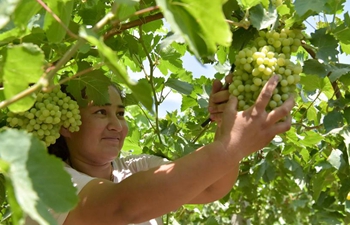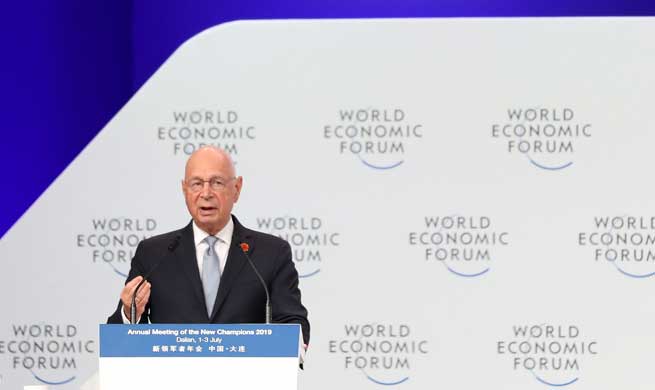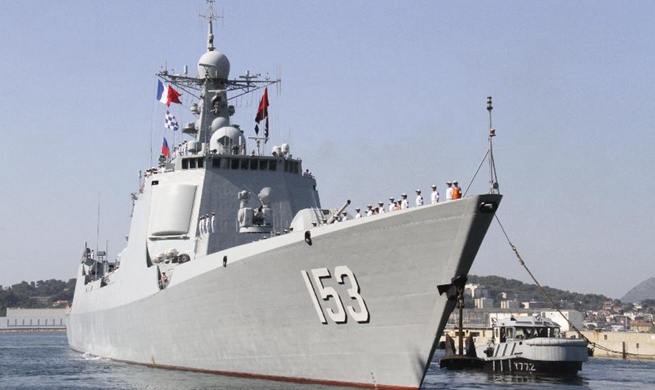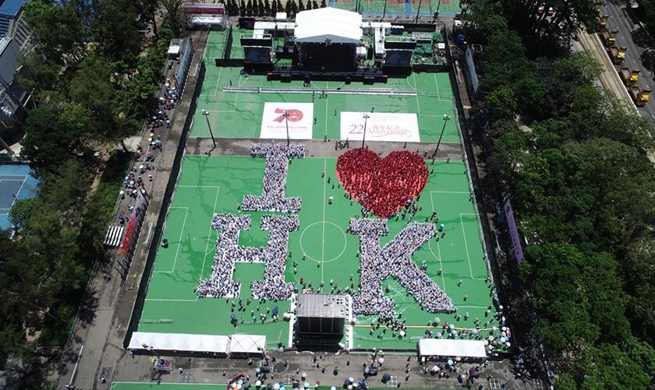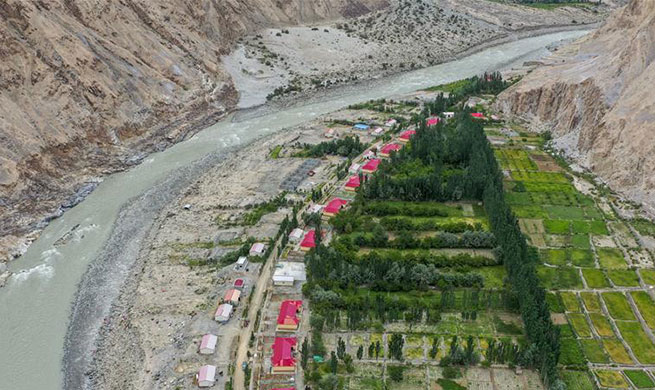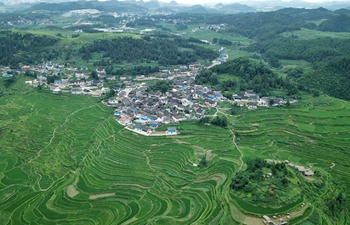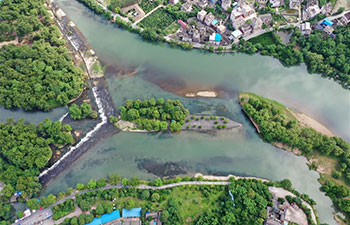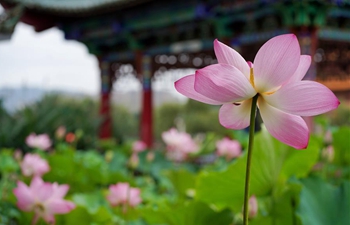JUBA, July 2 (Xinhua) -- South Sudan is making progress in countering hate speech after the latest campaign spearheaded by a local organization Screen of Rights disseminated peace building messages to over 27,223 South Sudanese.
Reach D'Akumrich, a Juba-based lawyer with Screen of Rights, said the campaign that took place between June 27 and July 1 attracted participants from Burundi, Rwanda, Uganda, Kenya and Tanzania who combined efforts to advocate for peace and unity.
"The Screen of Rights is privileged to announce that the campaign informed 27,223 beneficiaries through videos and flyers posted on our social media pages on the danger of hate speech and the need to co-exist as a country," D'Akumrich told journalists on Tuesday in Juba.
Since outbreak of conflict in December 2013, hate speech was widespread pitting communities that had been co-existing in peace and harmony against each other amid heightened communal violence characterized by cattle theft and killings in South Sudan.
"As people keep watching our videos the number of beneficiaries may keep increasing. We aspire to see a republic of South Sudan where no tribal or communal hatred prevails over the love for our country," said D'Akumrich.
The outbreak of renewed violence in July 2016 led to collapse of the 2015 peace deal which prompted UN Secretary General's Advisor on Prevention of Genocide Adama Dieng in November 2016 to warn that ethnic killings amid rising hate speech risked the youngest nation descending into genocide.
But experts have since ruled out genocide as President Salva Kiir and rebel leader Riek Machar signed the revitalized peace deal in September 2018 in Ethiopia which is largely holding.
Action against hate speech is a campaign which has been funded since 2017 by the EU through the Norwegian Refugee Council (NRC) aimed at countering hate speech and peace building in South Sudan.
The conflict killed tens of thousands and displaced more than four million people both internally and externally, creating one of the world's fastest crises.
The revitalized peace deal which is currently being implemented returns Riek Machar as one of President Salva Kiir's four vice presidents under the transitional unity government (TGoNU) expected to be formed in November.
The parties were supposed to form the TGoNU in May but agreed to a six-month extension in order to implement key issues that include cantonment, screening of forces and determining number of states and boundaries.
